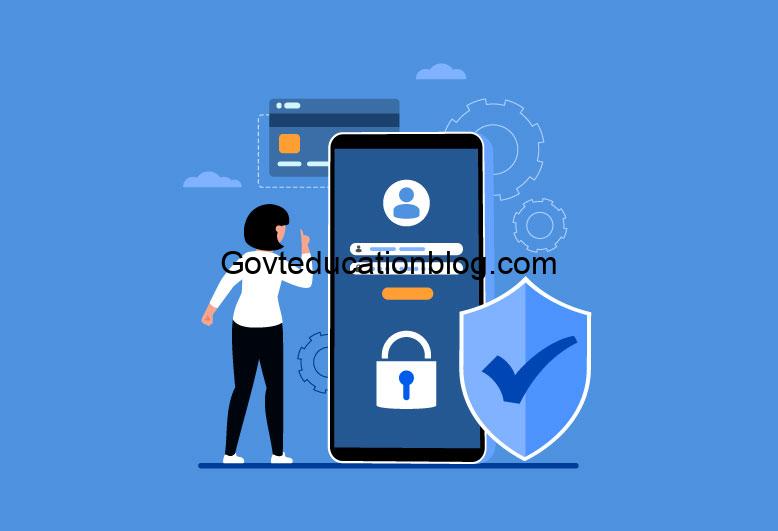In an era where data breaches and online surveillance are increasingly prevalent, safeguarding your online privacy has never been more critical. Whether you’re concerned about identity theft, invasive tracking, or unauthorized access to your sensitive information, adopting best practices and utilizing privacy tools can help fortify your digital defenses. In this comprehensive guide, we’ll explore the most effective strategies and tools to protect your online privacy.

Understanding Online Privacy: Before delving into specific privacy protection measures, it’s essential to understand what online privacy entails. Online privacy refers to the ability to control the collection, use, and dissemination of your personal information when interacting with digital platforms, websites, and services. This includes safeguarding sensitive data such as your name, address, financial details, and browsing habits from unauthorized access or misuse.
Best Practices for Protecting Your Privacy:
- Use Strong, Unique Passwords: Create complex passwords for your online accounts and avoid using the same password across multiple platforms. Consider using a reputable password manager to securely store and manage your passwords.
- Enable Two-Factor Authentication (2FA): Enhance the security of your accounts by enabling two-factor authentication whenever possible. This adds an extra layer of protection by requiring a second form of verification, such as a one-time code sent to your phone.
- Keep Software Up to Date: Regularly update your operating system, web browsers, and software applications to patch security vulnerabilities and protect against potential exploits.
- Browse Anonymously: Use a virtual private network (VPN) to encrypt your internet connection and mask your IP address, making it more difficult for third parties to track your online activities.
- Practice Safe Browsing Habits: Be cautious when clicking on links, downloading files, or sharing personal information online. Avoid visiting untrusted websites and scrutinize privacy policies before providing consent to data collection.
- Review Privacy Settings: Regularly review and adjust the privacy settings on your devices, social media accounts, and online services to limit the collection and sharing of your personal information.
Privacy Protection Tools:
- Virtual Private Network (VPN): A VPN encrypts your internet traffic and routes it through remote servers, providing anonymity and security while browsing the web. Look for VPN providers that offer robust encryption protocols and a strict no-logs policy.
- Ad Blockers: Install browser extensions or software-based ad blockers to prevent intrusive advertisements and tracking scripts from following you across the web.
- Secure Messaging Apps: Use encrypted messaging apps such as Signal or Telegram to communicate securely and protect your conversations from eavesdroppers.
- Privacy-Focused Web Browsers: Consider using privacy-focused web browsers such as Firefox with privacy-enhancing extensions like uBlock Origin, Privacy Badger, and HTTPS Everywhere.
- Password Managers: Utilize password managers like LastPass or Dashlane to generate and store complex passwords securely. These tools often include features such as password auditing and breach monitoring to enhance your account security.
- Email Encryption Tools: Encrypt sensitive email communications using tools like PGP (Pretty Good Privacy) or ProtonMail to prevent unauthorized access to your messages.
- Privacy-Focused Search Engines: Opt for privacy-focused search engines like DuckDuckGo or Startpage, which prioritize user privacy by not tracking or storing personal search data.
Conclusion on Online Privacy
Conclusion: Protecting your online privacy is essential in today’s interconnected world, where personal data has become a valuable commodity. By implementing best practices such as using strong passwords, enabling two-factor authentication, and browsing anonymously, along with leveraging privacy protection tools like VPNs, ad blockers, and encrypted messaging apps, you can safeguard your digital identity and enjoy a more secure online experience.
This comprehensive guide to online privacy protection empowers you with the knowledge and tools needed to take control of your digital footprint and protect your personal information from prying eyes. Stay vigilant, stay informed, and prioritize your privacy in all your online interactions.



